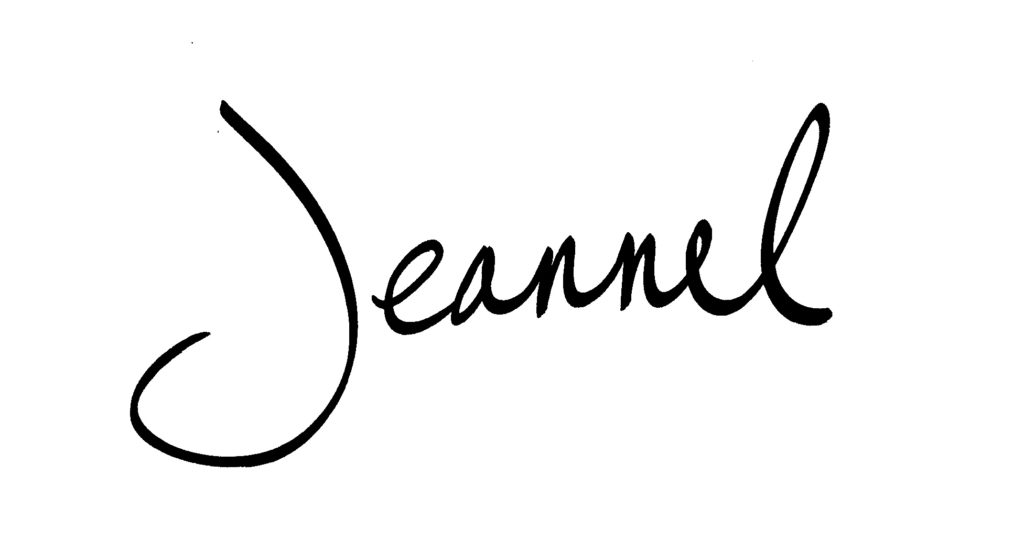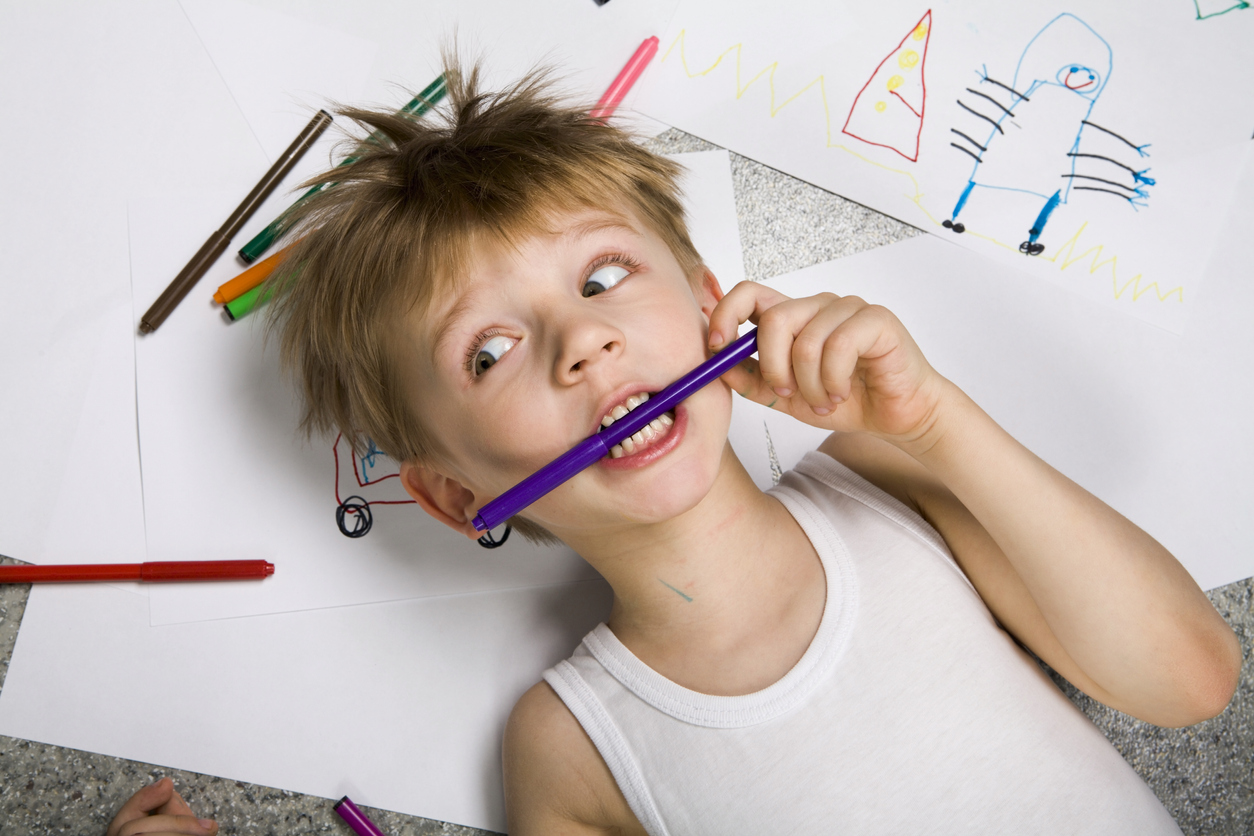It’s been building for a while now: the whole question about “art” and “drawing” and graphic recording. Do you have to be a professional artist to do what we do? Don’t you have to draw amazing images to be effective at your craft? And let’s face it head-on: can ANYONE really draw?
This question was asked directly by a fellow practitioner recently on an industry forum. And of course it got my attention. (Being the self-proclaimed Queen of “What You Draw is Good Enough”, are you really surprised by this?)
One sentence really hooked my brain, though:
“Being in the drawing business you hear and read a lot of “Everybody can draw!”
Wait: the drawing business?
Are we really in the “drawing” business?
Perhaps this is one reason why there is a difference of opinion on the “drawing” question: As a graphic facilitator, I’m not in the “drawing” business. Rather, I’m in the “drawing out ideas” and “drawing forth the best in people” business. And in this arena, drawing may mean something different from what my colleague was thinking.
People don’t need publications or trainings or fancy equipment to become a “drawer”. All they need is something to draw ON and something to draw WITH. Well, these things plus the desire to draw something. (And the mindset/permission to actually play with drawing again if they haven’t in a while. . . which is one of the reasons why I wrote my e-book and my book-book, both oriented for lay-people who wish they could draw but tell themselves – for WHATEVER reason -that they cannot. But I digress. . .)
There’s a HUGE difference in my view between one who draws and a graphic recorder: the drawing is simply a means to an end, and the end is more about listening, presencing, synthesis and reflection than drawing pretty pictures. (Or not so pretty pictures, as the case may be. . . but more on that later.)
Drawing itself is simply a skill.
As I can only speak for myself, I’ll share that I’ve seen myself display aptitude for some skills better than others. (I can draw conversations in real time, but I cannot do that finger-whistle thing to hail a taxi, no matter how hard I try.)
As you may already know, my Mom is more of a “fine art drawer”. Her drawings and illustrations are simply beautiful. She drew a picture with my crayons of my great grandmother’s hands, and it’s ridiculously-good to my eyes. She also enjoys drawing. She’s taken courses, spent tons of hours drawing and playing with techniques, and has developed a level of mastery to her craft.
I am not that kind of “drawer”.
My hands look more like thanksgiving turkeys or hands of Simpsons characters. They are also drawn in real-time and in service to a larger group to help them understand what the heck they are talking about in that moment. And while I may not be able to draw hands like my mom, she cannot draw out ideas like I can. We’ve simply cultivated different skills. And she wishes that she could draw like I do, even as I wish I could draw like she does.
Except that I don’t really wish that. Nope. Not really. It’s a completely different kind of drawing. I love the real-time, loose, low-detail, fat-line, energetic drawings I get to create when I draw. I love the freedom and the expression.
Know what else I love? When people in my life send me pictures of things they have drawn – for themselves or with others – because they miss the simple joy of expressing themselves through images and they are allowing themselves to bring more joy and creative expression into their lives, EXACTLY where they are right now with their drawing abilities. Pardon my French, but when people share things like that with me, I think those drawings are F*@%ing awesome!
Does telling someone else that they can draw diminish our own skills?
There’s not a doubt in my mind on this one: no.
Think of someone you admire. You love what this person can do, you think it’s amazing and magical and beautiful and you feel awe when you experience it. Now imagine that this person is actually walking up to you and smiles. Now’s your opportunity. You stammer for a moment, then tell this person how much you enjoy what they do and bring to the world. You share with them how much you admire what they do and how you wish you could do it, too.
Would you think less of their skills if they encouraged you to dive in and go for it?
My nephew is a musician, and he loves (LOVES) the violinist, Joshua Bell. My nephew also plays the violin, but his playing is nothing like Bell’s. (Yet.)
If Joshua Bell tells my nephew that he can learn to play like Bell, it doesn’t diminish his skills in Bell’s eyes or my nephew’s. If anything, Bell would have inspired my nephew to pick up his violin with a renewed vigor in practice because Bell told him that he could do it, too. (I actually got Bell to wish my nephew a happy birthday on Twitter, and that TWEET was enough for him to pick up his violin and play in his room for hours!)
Can anyone REALLY draw? Yes.
I believe that people can draw and enjoy the process when they allow what they draw to be “good enough” instead of comparing what they create to some perfect, Pablo-like-Picasso art rendering. People can do this right now. They can enjoy the experience of drawing right now. And if they want to improve their drawing skills, well, it’s just like how you get to Carnegie Hall. (Spoiler alert: practice, practice, practice.) The practice is for some people, and it’s not for others.
And this brings me back to the drawer/graphic recorder thing.
Nuances of the application aside, graphic recording is a PRACTICE that is fundamentally about listening, not drawing. The drawing is the reflection of the listening. Someone can feel seen and heard with stick figures and arrows. Someone can feel seen and heard with cartoons. Someone can feel seen and heard with an illustration or a painting. All of these forms of drawing are valid. They aren’t all pretty, and they aren’t pretty all the time. Heck, the conversations we reflect aren’t always pretty with unicorns farting rainbows everywhere! But if you can get your drawing skills to a level of comfort where you can keep up with the conversation and visually reflect back in service to the group, then I say more power to you. The drawing skills will increase over time. The listening skills will increase over time. But if that base skill set (drawing/listening) gets you drawing and practicing in the first place? Then it’s good enough.
I cannot WAIT to see what you draw forth,


